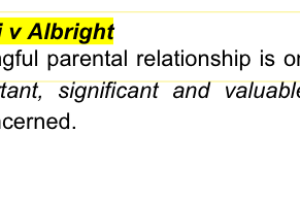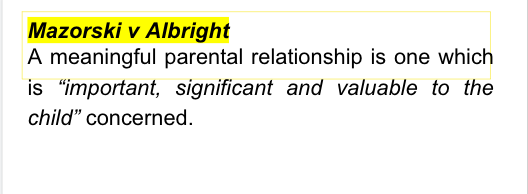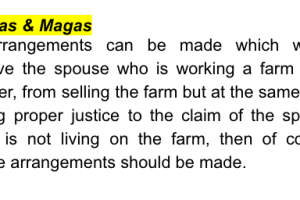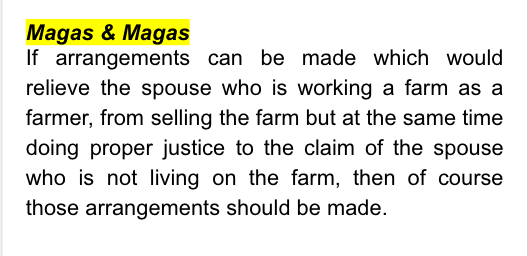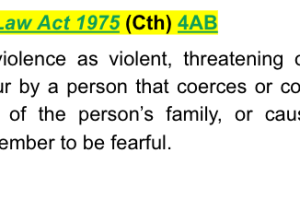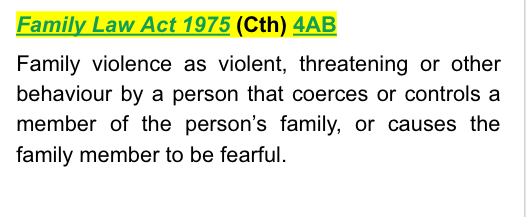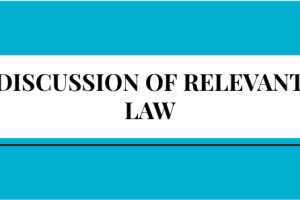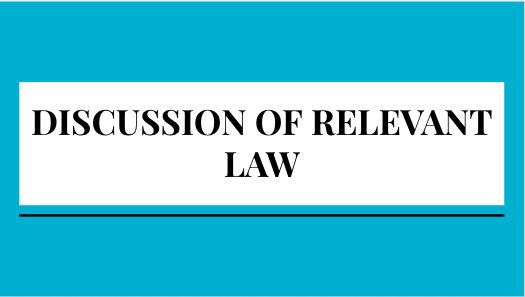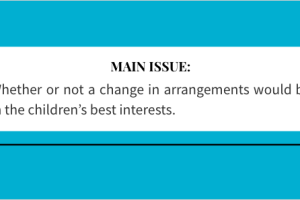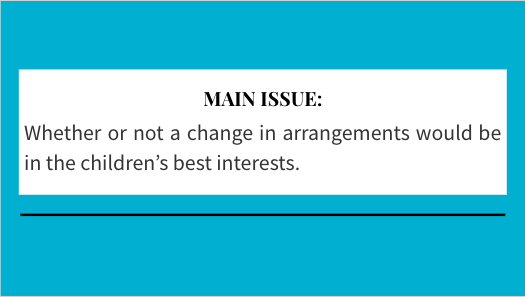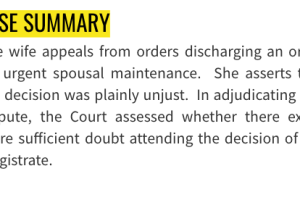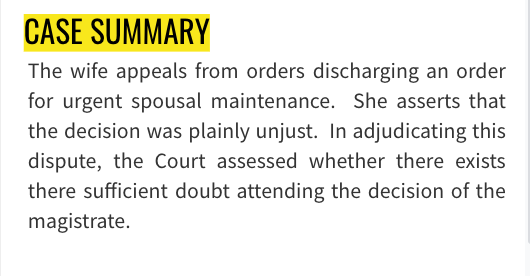- · 4717 friends
Parties Dispute Parenting Arrangements

Mullins & Lien [2022] FedCFamC2F 1062 (17 August 2022)

The parties are in dispute over parenting arrangements for two children aged 8 and 6. The father seeks a shared care arrangement. The Court, in resolving this dispute, assessed the allegations of family violence perpetrated by the father and the risks posed.

Facts
The father was born in Adelaide in 1973. The mother was born in City J, Country K in 1989. The parties were introduced, at a distance, by a relative of the mother, who lives next door to the father, in Adelaide, sometime in early 2011. Thereafter, the parties corresponded over the telephone and internet and arranged to meet, in Country K, in April of that year. After 9 days, they became engaged.
The father successfully applied for a spousal visa from the Australian authorities. The visa was granted in 2011, which authorised the mother’s entry to Australia in 2012. They married, in Adelaide in 2012. The parties are the parents of two children, both boys – X (“X”) born in 2014, and Y (“Y”) born in 2015 (“the children”). The mother became an Australian citizen in 2021. She now speaks and reads English well, due to her diligence in attending English lessons.
One of the central evidentiary issues in this case concerns the nature of the parties' relationship. The mother categorises it as one marked by the father’s controlling attitude towards her, which was characterised by him restricting her access to money, subjecting her to tirades of angry abuse; and generally being dismissive and denigrating of her. It is her case that these attitudes persist up until now and render any possibility of the parties having a shared care or equal time regime for X and Y both impractical and contrary to their best interests. The father asserts that he has been malignly described by the mother and he can only be properly described as a loving and attentive husband and parent.
The parties’ final separation was on 19 February 2019. On this date, whilst the father was at work, the mother packed some things for her and the children and left the parties’ former family home located at C Street, Suburb D (“the C Street, Suburb D property”), in the father’s motor vehicle. She drove to the children’s kindergarten, where staff helped her to get in touch with a domestic violence service. It is the mother’s case that the previous evening, the father had come home from work in a bad temper, which had led him to subjecting her to a further episode of verbal abuse, in the presence of the children, which later escalated to physical violence involving her being assaulted by the father banging her head on a wall, whilst placing her in a headlock.
The father alleges that the catalyst for the argument of 18 February 2019 was the fact that the mother had not attended to the necessary household tasks, whilst he had been at work, nor done the dishes, which caused him to remonstrate with her about what he considered her excessive attention to her mobile phone. He denies any violence on his part, alleging it was the mother, in fact, who hit him, rather than vice versa. Over the course of the next few days, a domestic violence service assisted the mother to find secure, safe, and hidden accommodation for her and the children and provided her with some basic necessities. The police, who arranged the family violence order and served the application on the father, informed the mother that the father wished to see the children.
As a consequence, on her own motion, the mother texted the father with a proposal that he spend time with the children on each weekend from 4.30 pm Friday to 4.30 pm the following Sunday, with handover to be at a police station in the city. The father accepted the proposal and the arrangement began on 17 May 2019. Since this date, the father has spent time with the children on a regular basis. The father commenced the proceedings on 11 April 2019, seeking orders in respect of X and Y only.
He sought that he and the mother be conferred with equal shared parental responsibility and that the children live with each of their parents on a week about basis. The mother's position is that the children love their father, and he loves them, and as such, she wishes the children to have a meaningful level of relationship with him. Despite this being her view at the present time, and almost certainly for the indefinite future, it is also her case that the parties themselves have no prospect of ever having any form of viable co-parenting relationship because of the fathers’ disparaging view of her and his inability to restrain himself from hectoring and badgering her.

Issue
Whether or not a change in arrangements would be in the children’s best interests.

Applicable law



Analysis
The presumption of equal shared parental responsibility is rebutted if it is found, on reasonable grounds, that one of the child’s parents has abused the child concerned or exposed him or her to family violence. It is the father’s position that the presumption should be applied, whilst the mother and the Independent Children’s Lawyer submit that it is rebutted by issues of family violence. The parties’ relationship is very poor and likely to remain so. They communicate poorly. There is a structural power imbalance in their parenting relationship, which stems from Mr. Mullins’ dismissive view of Ms. Lien and his implicit belief that she should be, in some way, beholden to him, because of the circumstances which brought her to live in Australia.
The evidence indicates that Ms. Lien fled the marriage because she had been assaulted by Mr. Mullins and was exhausted by his constant criticism and abuse of her. She considered that exposure to this conduct was having a deleteriously emotional and behavioural effect on X in particular. In her particularly difficult personal circumstances – a person who spoke English as a second language and who had little familial or other support in this country – she sought help as best she could. She was clearly entitled to emergency accommodation and social security, as she had modest funds of her own, and what she did have Mr. Mullins embezzled from her. At the time of the separation, she was also the primary carer of two young children.
The Court was provided with scant evidence regarding Ms. Lien’s financial aspirations. Mr. Mullins has not been entirely transparent regarding either his ability to borrow or his future earning capacity. Necessarily the latter matter is likely to be influenced by his health, about which there is no medical evidence.
Conclusion
All previous orders are discharged. The mother shall have sole parental responsibility for the children X born in 2014 and Y born in 2015 (“the children”) PROVIDED THAT in the event that the mother is required to make any significant decisions in respect of the children, she shall advise the father by email of same and the father shall have seven (7) days thereafter within which to provide his views on the decision and the mother shall take those views into consideration when making that decision. Both parties shall ensure the children remain enrolled at the A School and no party shall change the children's enrolment without the written consent of the other party. The said children shall live with the mother.
The mother shall within seven (7) days advise the father of all medical appointments attended by the children and shall authorise the father to speak with any medical practitioner or allied health professional who sees the children. Both parties are restrained, and an injunction is granted restraining each of them from removing or attempting to remove or causing or permitting the removal of the said children from the Commonwealth of Australia until 27 October 2025 the date when the child Y turns 10 years of age. Within twelve (12) months of the date of this Order the husband pay the wife the sum of EIGHTY THOUSAND, ONE HUNDRED AND FORTY SIX DOLLARS AND THIRTY ONE CENTS ($80,146.31) together with interest.


